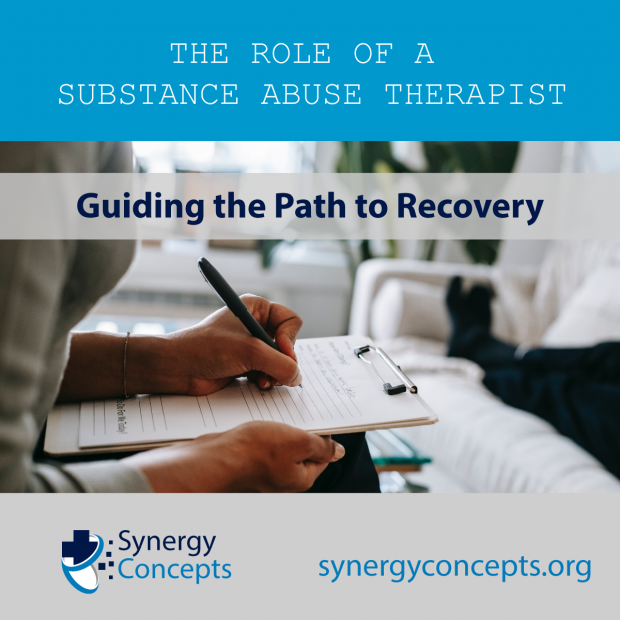Substance abuse is a complex and pervasive issue that affects millions of individuals and their families worldwide. Overcoming addiction requires a comprehensive approach that includes medical intervention, support systems, and most importantly, the guidance of a skilled substance abuse therapist. In this blog post, we will explore the vital role of a substance abuse therapist in helping individuals navigate the challenging journey toward recovery.
- Understanding Substance Abuse Therapy
- Creating a Safe and Non-Judgmental Environment
- Assessment and Treatment Planning
- Individual and Group Therapy
- Education and Relapse Prevention
- Collaboration with Other Professionals
Understanding Substance Abuse Therapy
Substance abuse therapy, also known as addiction counseling or substance use disorder counseling, is a specialized form of therapy that focuses on helping individuals overcome their addiction and maintain long-term sobriety. Substance abuse therapists are trained professionals who possess a deep understanding of addiction, its underlying causes, and evidence-based treatment approaches.
Creating a Safe and Non-Judgmental Environment
One of the primary responsibilities of a substance abuse therapist is to create a safe and non-judgmental environment for their clients. This allows individuals struggling with addiction to openly discuss their experiences, fears, and challenges without fear of stigma or shame. By fostering trust and empathy, therapists can establish a strong therapeutic alliance, which is crucial for effective treatment.
Assessment and Treatment Planning
Substance abuse therapists conduct thorough assessments to understand the unique needs and circumstances of each client. They evaluate the severity of addiction, co-occurring mental health disorders, and any underlying trauma or triggers that may contribute to substance abuse. Based on this assessment, therapists develop personalized treatment plans that address the specific needs of the individual.
Individual and Group Therapy
Substance abuse therapists employ various therapeutic techniques to help individuals on their path to recovery. Individual therapy sessions provide a one-on-one setting where clients can explore their thoughts, emotions, and behaviors related to substance abuse. These sessions allow therapists to identify and address underlying issues, develop coping strategies, and provide ongoing support.
Group therapy is another essential component of substance abuse treatment. In a group setting, individuals can connect with others who share similar experiences, providing a sense of community and understanding. Group therapy sessions offer a platform for individuals to share their stories, learn from others, and develop essential skills for maintaining sobriety.
Education and Relapse Prevention
Substance abuse therapists play a crucial role in educating individuals about addiction. They also focus on its impact on physical and mental health, and the consequences of substance abuse. They equip clients with the knowledge and tools to make informed decisions and develop healthy coping mechanisms. Therapists also focus on relapse prevention strategies, which help individuals identify triggers, develop effective coping skills, and create a solid support network.
Collaboration with Other Professionals
Substance abuse therapists often work collaboratively with other healthcare professionals. These can be psychiatrists, physicians, and social workers, who all work collaboratively to provide comprehensive care. This interdisciplinary approach ensures that individuals receive holistic treatment, addressing both the physical and psychological aspects of addiction.
Substance abuse therapists play a vital role in helping individuals overcome addiction and achieve lasting recovery. Through their expertise, compassion, and evidence-based interventions, therapists guide individuals on a transformative journey toward a healthier and more fulfilling life. If you or someone you know is struggling with substance abuse, seeking the support of a substance abuse therapist can be a crucial step towards a brighter future.
Remember, there is always hope, and recovery is possible!
Check out our substance abuse treatment center partners in your area!













Leave a Reply